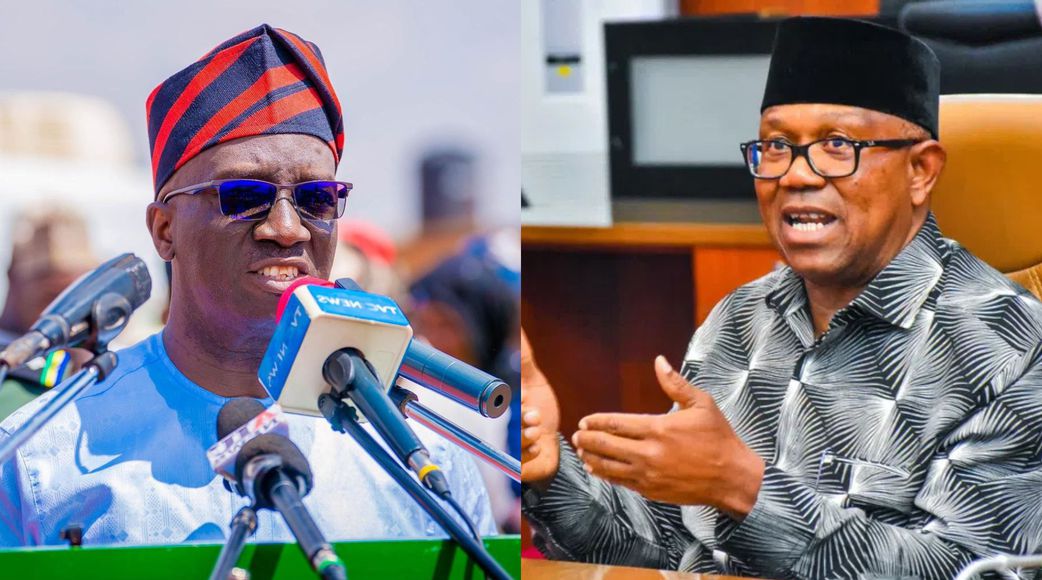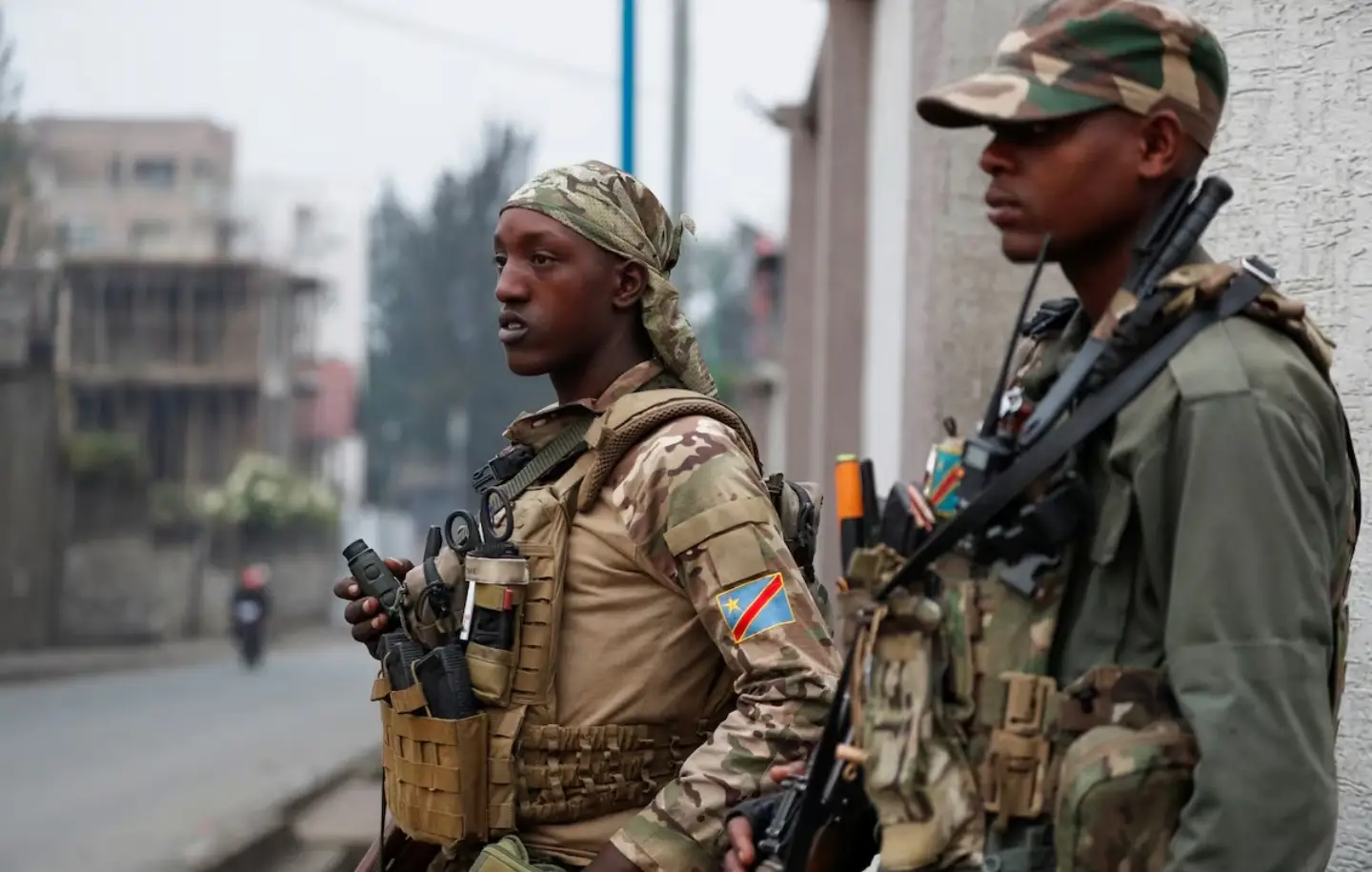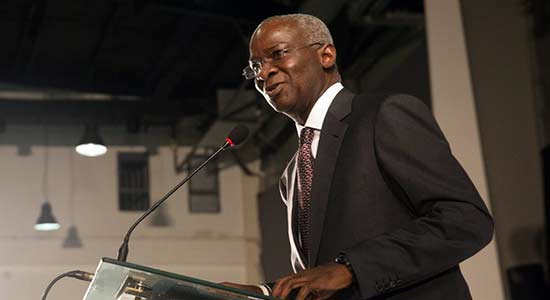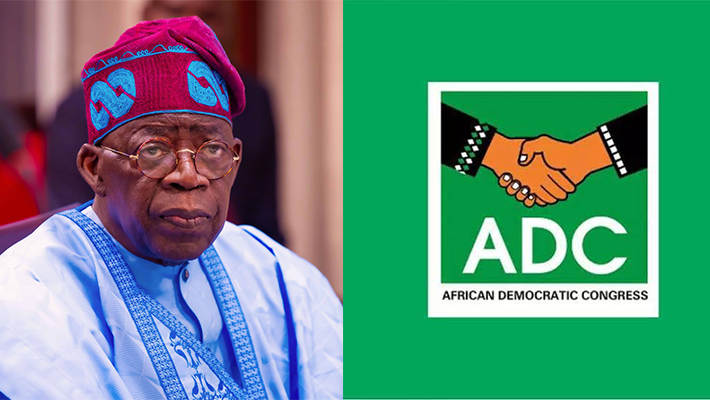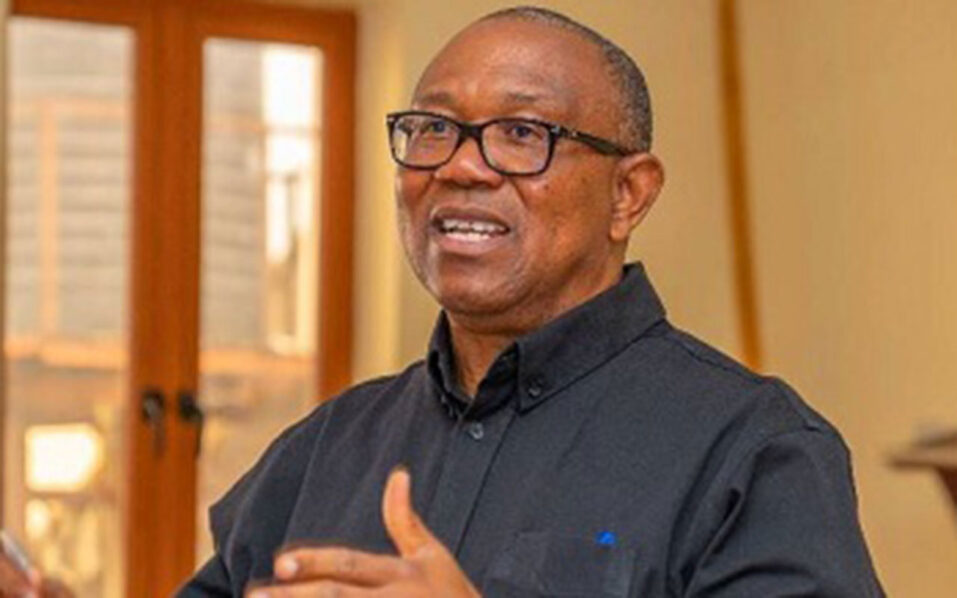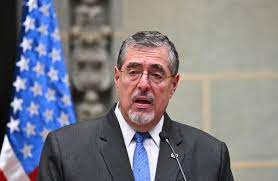Guatemalan President Bernardo Arevalo has agreed to a 40 percent increase in deportation flights from the United States, a move welcomed by U.S. Secretary of State Marco Rubio during his visit to the Central American nation on Wednesday.
Arevalo’s pledge comes as he seeks to strengthen ties with the Trump administration, addressing a key priority for President Donald Trump. Speaking at a joint press conference with Arevalo, Rubio emphasized the alliance between the two nations.
“We’re not just neighbors. We’re allies — we’re friends — and I think that will be evidenced by the work that we’ve done here,” Rubio said.
The agreement includes the repatriation of Guatemalans as well as deportees from third countries transiting through Guatemala. Arevalo’s stance marks a contrast with Colombia, where President Gustavo Petro recently resisted U.S. military deportation flights, sparking diplomatic tensions with Washington.
As part of the cooperation effort, Rubio announced that the U.S. Army Corps of Engineers would assist Guatemala in modernizing its port infrastructure, a move seen as enhancing economic ties between the two countries.
Rubio Signals Support for Arevalo Amid Political Challenges
Rubio, a Cuban-American and staunch critic of leftist governments in Latin America, has actively sought to reinforce alliances with conservative leaders in the region since taking on his new role as Secretary of State. While Arevalo does not align ideologically with Trump’s administration, he has remained pragmatic in seeking U.S. support.
During their discussions, Arevalo reaffirmed Guatemala’s commitment to “regional stability, the dignity of our peoples, and the security of our countries.”
Rubio also praised Arevalo for his commitment to democratic governance, a notable endorsement given the president’s challenges in office. Arevalo, the son of a former president, won the 2023 election on an anti-corruption platform but has faced resistance from Guatemala’s entrenched conservative elite, who attempted to block his inauguration.
“I would like to commend you for your commitment to democracy and to institutions,” Rubio said after a private dinner with Arevalo in Guatemala City’s historic district.
Strategic Interests: Taiwan and Migration
Guatemala remains a key U.S. partner in the region, in part due to its diplomatic ties with Taiwan. It is the most populous country still recognizing the self-governing island, which China claims as its own. Rubio, a long-time critic of China, reiterated U.S. support for Taiwan’s engagement in Guatemala’s economy.
“The United States will do all we can to facilitate more Taiwanese investment in Guatemala,” he said.
The country also plays a significant role in migration to the United States, with an estimated 3.2 million Guatemalans living in the U.S., including hundreds of thousands of undocumented individuals. In 2023, Guatemala received 508 deportation flights carrying over 61,000 returnees.
The Trump administration has shifted away from previous U.S. efforts to address migration’s root causes, such as poverty and violence, through foreign aid. On Tuesday, the State Department announced it would withdraw most U.S. Agency for International Development (USAID) personnel from abroad, affecting programs in Guatemala that received $178 million in funding last year.
Despite criticism from anti-poverty groups and Democratic lawmakers, Rubio defended the move, stating that foreign aid programs would undergo a full review to ensure alignment with U.S. interests.
Rubio is set to continue his Latin American tour with a visit to the Dominican Republic, where President Luis Abinader has implemented a hardline immigration policy, including the construction of a border wall and mass deportations of Haitian migrants.




